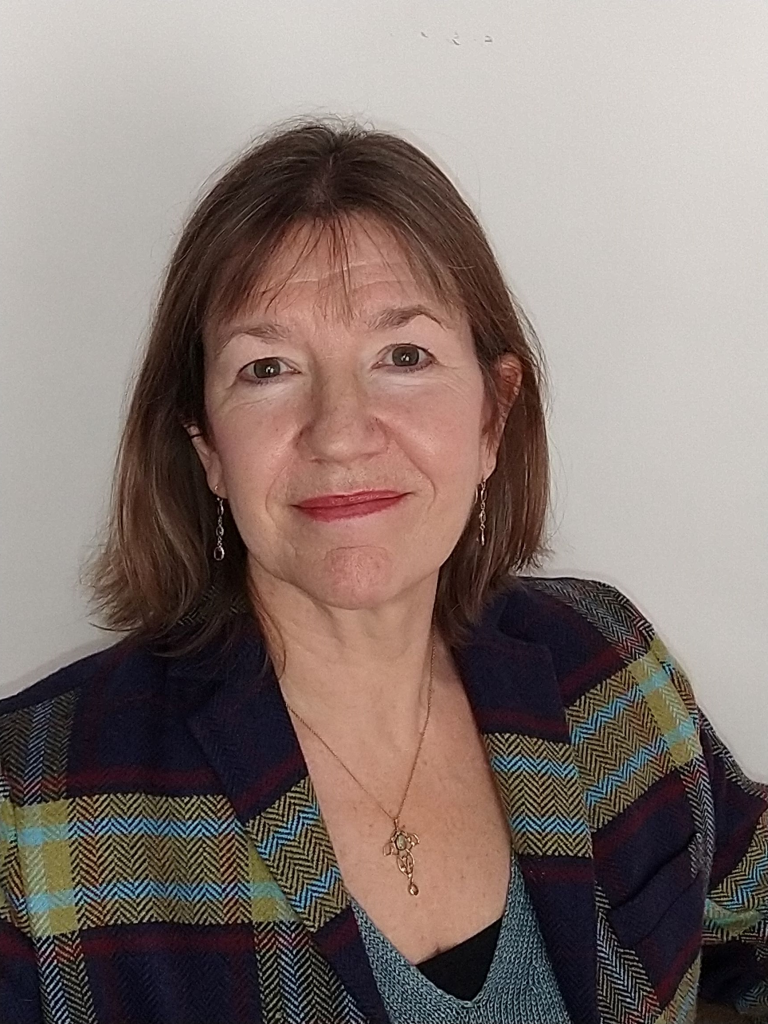The theme of International Women’s Day this year was #ChooseToChallenge. Here in FMS, we believe strongly in challenging gendered assumptions on working in science. It’s important to celebrate the hard working & powerful women leading our department, who set an example every day of just how much women are capable of. To all fellow women scientists out there: remember to celebrate yourselves everyday!
The seventh (and final) interview in our #ChooseToChallenge series is with Eileen Kaner, Professor of Public Health and Primary Care research. Once again, enjoy!

Please describe your role.
I am a Professor of Public Health and Primary Care research at Newcastle University and also Director of an NIHR Applied Research Collaboration which crosses the North East and North Cumbria. The main focus of my work is to develop, deliver and disseminate research findings on health and well-being which have a bearing on the ‘real world’ of peoples’ lives. We are also focused on addressing inequalities in health status, experiences of health and social care and its outcomes. Hence the vision for the ARC is ‘Better, fairer health and care at all ages and in all places’.
What would a normal day look like for you?
Currently, it is hard to say what ‘normal’ is, I have worked from home since the 12th March 2020. I am lucky to have an office at home and also older children who have not needed specific home schooling from me. Typically, round 60% of every day is spend in video-conferences conducting interviews, project meetings, funding panels and NICE guidance work. It is extraordinary how most people have managed to convert work activity into remote processes. I miss human contact – but – do not miss the travel associated with office work.
How have you found a balance between work and homelife during Covid?
I have tried to find a balance between work and homelife – although this can be difficult when working at home. I am a bit of an owl, so I do not mind working a little later – for me this is the perfect time to catch up after days full of meetings. However, I do not work at the weekend. So this helps make a clear separation between home and work-time.
What does it mean to you being a woman in your role?
I am proud to be a research leader and a mother of four children. I feel that each part of my life informs the other. Life can be hectic (work demands have certainly not slowed down during the pandemic) but my research work seems useful to others in a very direct way.
A massive thank you to Eileen for taking the time to talk to us. This brings us to the end of our Choose to Challenge series. We hope you’ve enjoyed the insight into the lives of these empowering women as much as we have!
Newcastle University is committed to developing careers for all colleagues, with some great success stories of women who have developed full and rewarding careers across the institution. Historically we have supported specific women into leadership programmes such as the Aurora programme and the Women in academia – coaching and mentoring (WiCAM) programme in collaboration with Durham University, alongside broader coaching and mentoring opportunities. As part of the university commitment to this agenda, work is currently underway to review our development offerings with a view to launching a refreshed offer in the autumn to ensure we have the right support in place.

